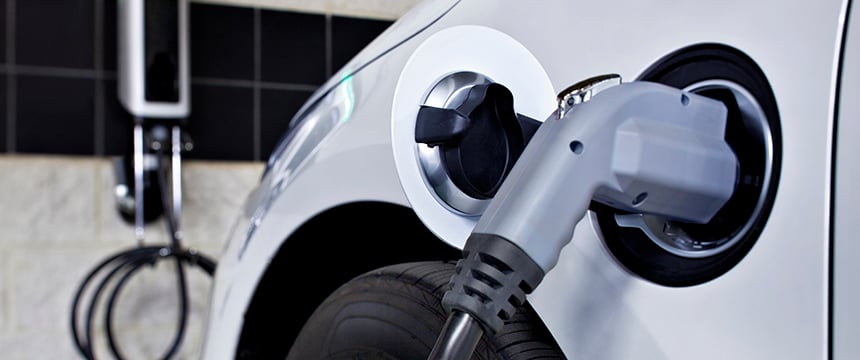
As reported multiple places, the Federal Government opened up applications on Tuesday, March 14, 2023 for a program to expand access to electric vehicle charging. The money originated from the 2021 bipartisan infrastructure law. The goal is to build 500,000 electric vehicle charging stations across the country. There are over 100,000 gas stations in the United States. Plainly, if electric vehicles are to be the future, people need to charge them. They need to charge them every few hundred miles, or less depending on usage, and they need to charge them conveniently. This will certainly boost ability. This is not new news, as the issue has been around as long as there have been electric vehicles.
The opening of applications comes only six months after the Federal Government approved the first 35 state plans to build charging infrastructure across 53,000 miles of highways. Infrastructure must be developed if any transition to electric vehicles will be material and successful. This is true not just for consumers, but as the US Department of Energy has recognized, for fleets as well. Currently, there are a myriad of resources to find charging stations, but vehicle owners need to be confident the infrastructure exists so they can go out for extended drives without a pre-set plan of where they will charge (not to mention how long it will take). Plus, electric vehicle owners also need to be confident that every station will meet minimum standards to safely and efficiently charge their vehicle. Just last month, such standards and requirements were published by the Federal Highway Administration. The future of electric vehicles is, therefore, the future of infrastructure in much the same way repairing bridges and roads is.
I just completed an 11 hour drive this week. My vehicle is still gasoline powered so when I left for my trip with less than a full tank of gas I did not give it a second thought knowing that the various interstates on which I would drive would have more gas stations than I needed. But I did not notice one roadside sign for an electric vehicle charging station, especially since my route took me around any major metropolitan area except my home in Chicago.
Electric vehicles do of course have one leg up: almost every house has electricity. This allows electric vehicle owners to charge overnight. No coming home with an empty gas tank and needing to get gas first thing when you leave the house. At least every day electric vehicle owners can leave their home every day knowing that they have a full charge.




